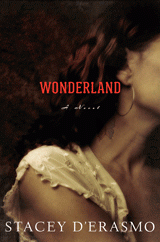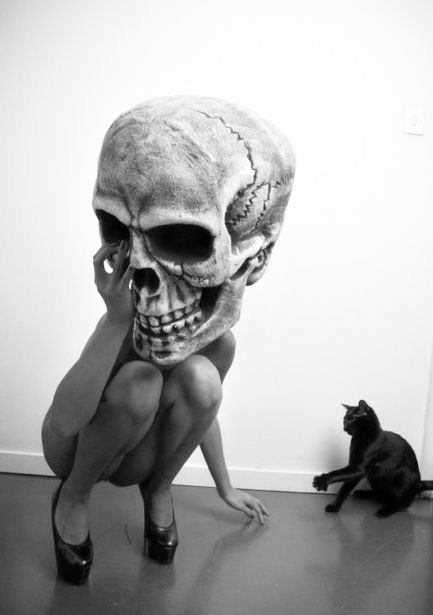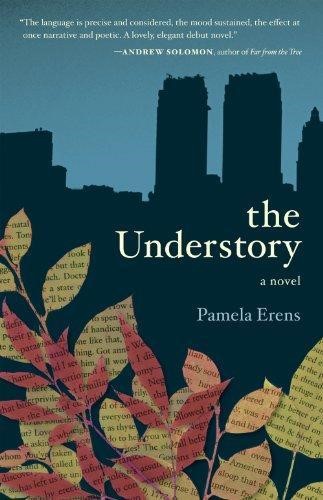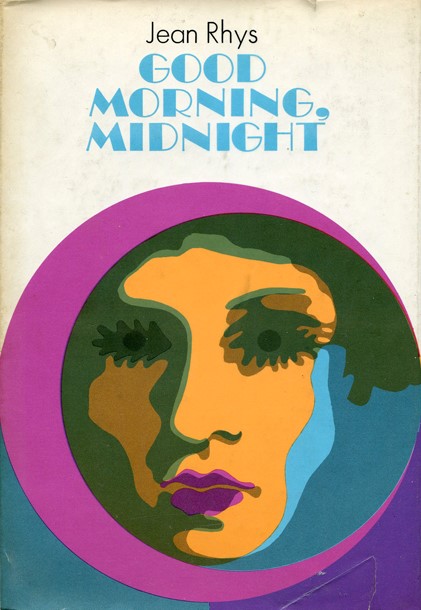
Houghton Mifflin Harcourt
242 pages, $22.00
Review by Carley Moore
I didn’t know it, but I’d been waiting for Stacey D’Erasmo’s fourth novel, Wonderland. I’ve been working on a novel for the last year about a young woman who tries to change her life by running away with a female-led indie music band in 1990, and so I’ve steeped myself in rock n’ roll memoirs and journalistic accounts of bands on tour. Many of the books were male affairs, with the exception of two of my favorites—Pamela DeBarres’s groundbreaking and sexually frank groupie memoir I’m With the Band and Sheila Weller’s well-researched and historically-minded Girls Like Us: Carole King, Joni Mitchell, Carley Simon and the Journey of a Generation. These books gave me a unique glimpse into what it was like to be a woman in a male-dominated field, and the complex interplay of power, artistry, and sexuality that is the heart of playing in a band and performing for large audiences of adoring fans.
Still, D’Erasmo’s protagonist, Anna Brundage is a revelation. She’s a female artist who is sexual, in and out of love, and determined to stage a comeback though she has no clear idea how to make that happen. Anna’s fortunes and her fame are not particularly tied to those of the men around her, and yet she works with men, fucks and loves them, and calls a couple of them mentors and muses (such as her father, who is a famous conceptual artist, and Ezra and Billy Q., older, more successful musicians who have helped her career). I love Anna because she’s smart, sexy, and really and truly on her own. She’s not looking for any saviors. Continue reading →
![[PANK]](https://pankmagazine.com/wp-content/themes/pank/assets/images/pank-logo-large.png)




